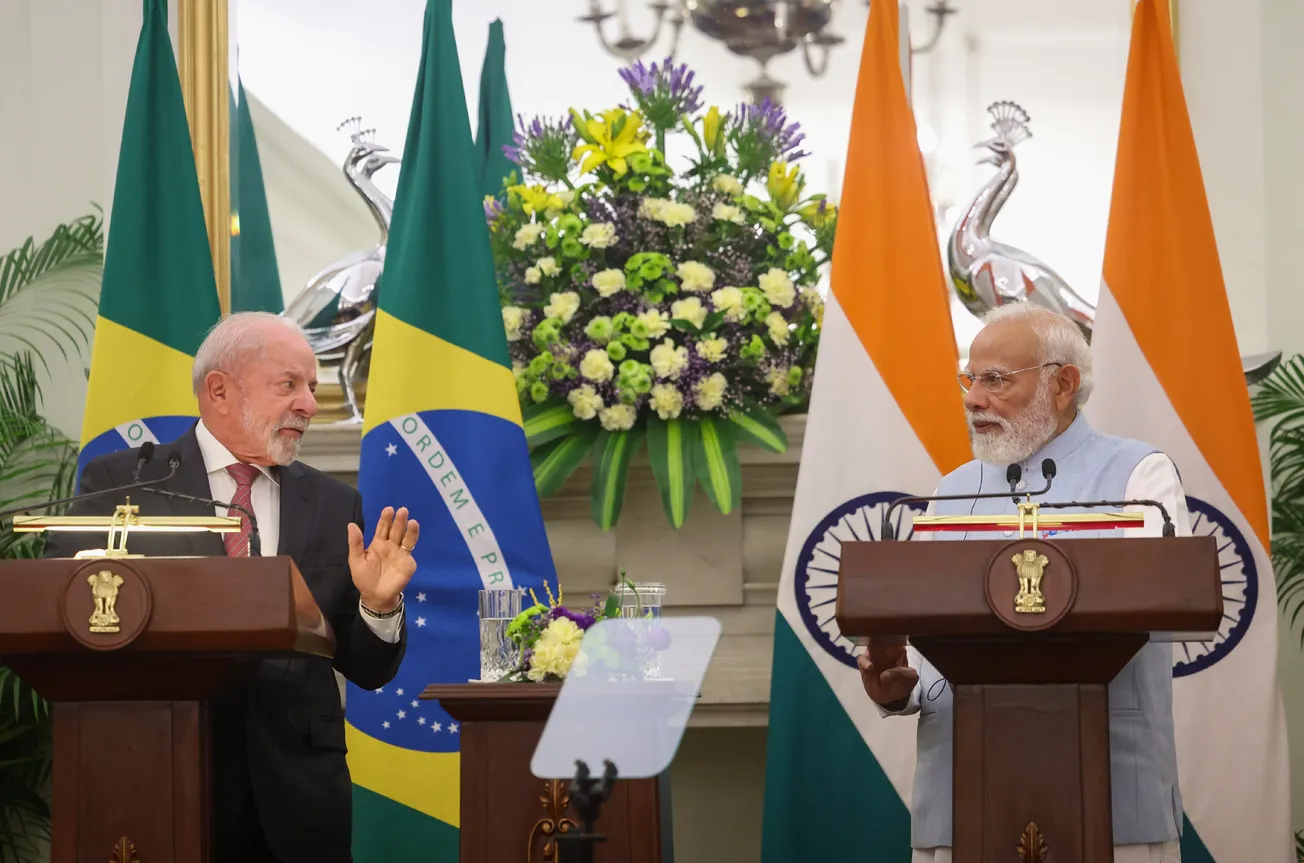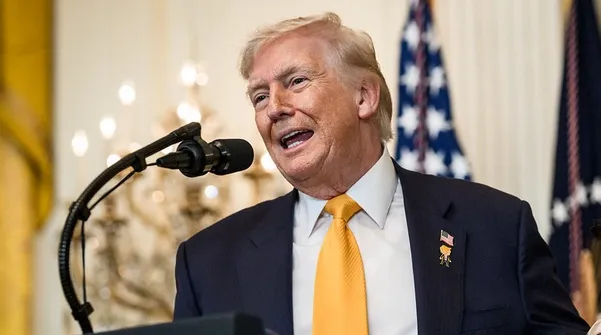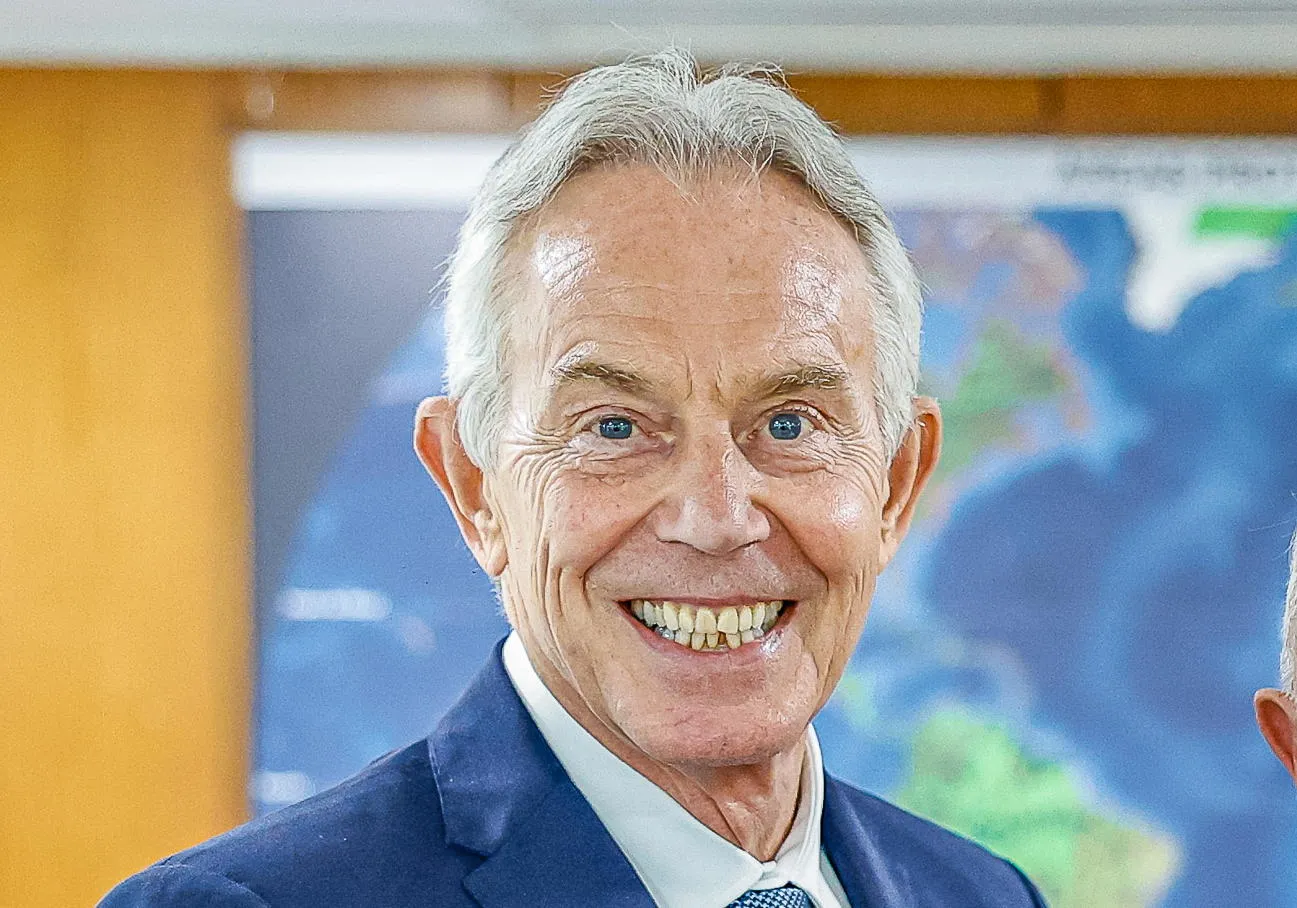Brazilian President Lula da Silva arrived in Portugal on April 22 for four days, after which he will go on to Spain. Traveling with a large delegation, including eight cabinet ministers, his trip was intended to bolster relations with the European Union and sign important economic and trade agreements. Lula also said that he would use his trip to promote the free trade agreement (FTA) between the EU and the four-nation Common Market of the South (Mercosur), consisting of Uruguay, Paraguay, Argentina and Brazil.
That agreement is fraught with controversy, however, due to EU environmentalist demands made on the Mercosur countries and opposition from EU farm and industrial sectors on both sides of the Atlantic. Negotiations on the agreement have gone on for over 20 years and even though a draft agreement was signed in 2019, it has yet to be ratified.
Lula himself has said he wants the FTA to go through, but with the caveat that it must be “balanced” so as not to interfere with Brazil’s reindustrialization plans. The EU wants this agreement, to allow it greater access to Ibero-American markets and diversify “away from China"; but recognizes this will require large investments in energy, digital and other sectors to compete with China which is a major trading partner to several countries in the region.
Brazil has an important historical, cultural, economic and trade relationship with Portugal, and Lula’s trip was intended to restore those relations after four years of the fascist Bolsonaro government. Although Portugal is a NATO member which solidly backs Ukraine, Lula was warmly greeted by President Marcelo Rebelo de Sousa and Prime Minister Antonio Costa and signed 13 cooperation agreements. But there was an obvious attempt by the political opposition and allied media to create a hostile environment for the Brazilian President around the Ukraine issue, which wasn’t entirely successful.




